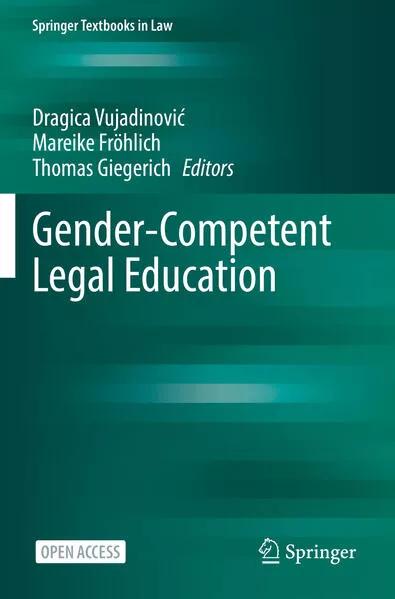
- Publikationen ca: 3
- Fragen & Antworten
Dragica Vujadinović
Dragica Vujadinović is Full Professor at the Faculty of Law at the University of Belgrade, teaching Political Theories, Gender Studies, Introduction to the Political System of the EU; she is also Head of Master in European Integration and the coordinator of the Erasmus+ project entitled: New Quality in Education for Gender Equality – Strategic Partnership for the Development of Master’s Study program “Law and Gender” – LAWGEM.
Mareike Fröhlich is a post-doc research associate at the Europa-Institut of Saarland and associated to the Jean Monnet Chair on EU Constitutional Framework for International Dispute Settlement and Rule of Law. She researches and teaches mainly in the field of European and International Economic Law as well as EU External Relations and EU Enlargement Policy. She is also Head of International Projects and Cooperation at the Europa-Institut.
Thomas Giegerich is Director of the Europa-Institut, Professor of European Law, Public International Law and Public Law at Saarland University/Germany as well as holder of the Jean Monnet Chair for European Integration, Antidiscrimination, Human Rights and Diversity (2017-2020). His main fields of research are European Law (EU Constitutional Law, Fundamental Rights, Antidiscrimination Law) and Public International Law, particularly International Human Rights Law.
Gender-Competent Legal Education
Male-dominated law and legal knowledge essentially characterized the whole of pre-modern history in that the patriarchy represented the axis of social relations in both the private and public spheres. Indeed, modern and even contemporary law still have embedded elements of patriarchal heritage, even in the secular modern legal systems of Western developed countries, either within the content of legislation or in terms of its implementation and interpretation.
Gender-Competent Legal Education
Male-dominated law and legal knowledge essentially characterized the whole of pre-modern history in that the patriarchy represented the axis of social relations in both the private and public spheres. Indeed, modern and even contemporary law still have embedded elements of patriarchal heritage, even in the secular modern legal systems of Western developed countries, either within the content of legislation or in terms of its implementation and interpretation.
Gender-Competent Legal Education
Male-dominated law and legal knowledge essentially characterized the whole of pre-modern history in that the patriarchy represented the axis of social relations in both the private and public spheres. Indeed, modern and even contemporary law still have embedded elements of patriarchal heritage, even in the secular modern legal systems of Western developed countries, either within the content of legislation or in terms of its implementation and interpretation.


